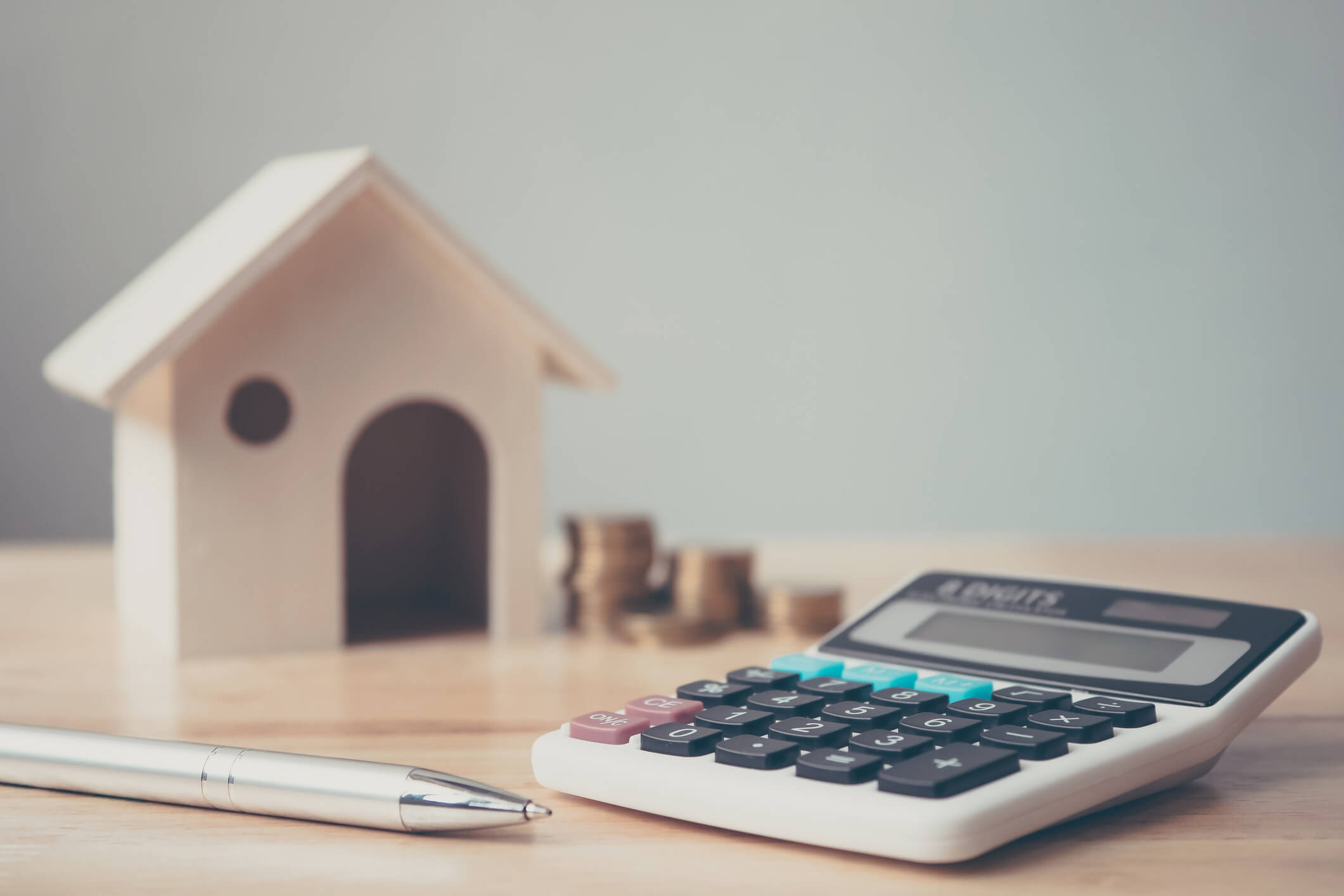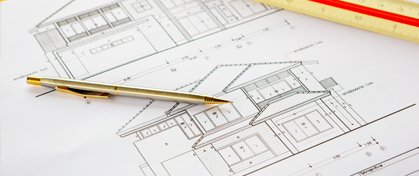Completing a Self Assessment tax return can be a big job, whether it’s your first time or your fiftieth.
We’re running through the key things you need to know about Self Assessment to make completing one a breeze.
Remember, this article is not intended as financial advice. If you need help with your Self Assessment, including finding out if you need to complete one, you can get free help online. Or, you can speak to an accountant (which you may need to pay for).
Self Assessment is a way of declaring your income and paying tax
Most of the time, people pay Income Tax and National Insurance automatically through their wages. If you don’t, perhaps because you’re self-employed, you’ll need to declare your earnings yourself. Self Assessment is how you do this. It enables HM Revenue and Customs (HMRC) to calculate and collect your Income Tax and National Insurance.
There are many reasons you may need to complete a Self Assessment
You’ll probably have to complete a Self Assessment if:
- You’ve earned money that hasn’t been taxed. This could be from self-employment, selling things online, renting out a property, or even interest on your savings.
- You’ve had to pay Capital Gains Tax on something you’ve sold that has increased in value.
- You’re a director or partner in a business, even if you haven’t earned anything from it.
- You need to prove you’re self-employed to claim Tax-Free Childcare or Maternity Allowance.
- You want to make voluntary National Insurance contributions to plug a gap in your payment record.
- You’ve earned more than £100,000. Earning this much makes your tax situation more complicated. Your Income Tax and National Insurance will need to be calculated manually to make sure they’re correct.
- You claim Child Benefit and earn more than £50,000. In this situation, you’ll need to pay a High Income Child Benefit Charge, which is calculated based on your Self Assessment.
If you’re not sure whether you need to complete a Self Assessment, you can check using the government’s website. It’ll also tell you how to register if you need to.
The key to an easy Self Assessment is keeping good records year-round
When you fill out a Self Assessment, you’ll be telling HMRC about:
- Any income you’ve earned but haven’t paid tax on. For example, from self-employment, a side hustle, or interest on savings.
- Your expenses relating to self-employment, if you have any.
- Contributions you’ve made to charity or pensions that might be eligible for tax relief.
- Income you’ve already paid tax on, for example, through employment.
Having all this information to hand is where good record-keeping comes in. Keep track of your income and any expenses throughout the year. If you get a P60 (the form that shows the tax you've already paid), keep it safe so you can refer to it easily.
How you record your income and expenses is up to you. You could use a spreadsheet, keep paper records like receipts and bank statements, or even use accounting software. HMRC has no rules about this. They only require that your records are accurate, complete, and readable. If they’re not, you could be fined!
You need to be aware of these important dates
These are the key dates and deadlines you need to be aware of for Self Assessment:
|
2023/24 tax year |
2024/25 tax year |
| Registering for Self Assessment |
5th October 2024 |
5th October 2025 |
| Submitting a paper Self Assessment |
31st October 2024 |
31st October 2025 |
| Submitting a Self Assessment online |
31st January 2025 |
31st January 2026 |
| Paying the Income Tax and National Insurance you owe |
31st January 2025 |
31st January 2026 |
| Payments "on account" |
Already made |
31st July 2024 and 31st January 2025 |
In some situations, you may also make payments “on account”. Payments “on account” are advance payments towards your tax bill for the current tax year. They’re calculated based on your tax bill for the previous tax year.
If you’re making payments “on account” for the 2023/24 tax year, you should already have made these. If you’ll be making payments on account in the 2024/25 tax year, the first will be due by 31st July 2024. The second will be due by 31st January 2025, alongside any tax still due from the 2023/24 tax year.
If you submit early, you’ll know what tax you owe and have longer to pay the bill
The dates in the table above are deadlines to submit your forms. They aren’t the dates you should do them on. If you submit your Self Assessment on the deadline date, you’ll have to pay your tax bill the same day. If your bill is more than you were expecting, then this leaves you no time to find or save the extra money.
You can submit your Self Assessment any time before the deadline, once the tax year has ended.
You could be fined for late submissions, late payments and mistakes
There are a few different penalties that HMRC can apply for Self Assessment. Some of the most common ones are:
- A £100 late filing penalty if you submit your Self Assessment up to three months late.
- Further fines if you fail to submit a Self Assessment, or if it’s more than three months late.
- A penalty of 5% of your tax bill (plus interest) if you pay more than a month late.
- Further 5% fines if you still haven’t paid six and 12 months after your payment was due.
- Fines of up to 30% of any additional tax due if you make a genuine mistake on your Self Assessment.
- Fines of between 20% and 70% of any additional tax due if you make a deliberate error on your Self Assessment.
If you think a penalty has been applied unfairly, you can appeal HMRC’s decision. You’ll need to have a reasonable excuse to explain why you missed a deadline or made mistakes. For example, the death of a close relative or a serious illness.
If you’re struggling to pay your tax bill or any fines, contact HMRC straight away. They may be able to cancel any penalties you’ve been charged. In some circumstances, they can also arrange for you to pay your tax bill later or in instalments.
Sources:
https://www.gov.uk/self-assessment-tax-returns
Helen is a personal finance editor who’s spent 11 years (and counting!) in the finance industry. She creates content on everything money with the goal of getting people thinking – and talking – about their finances in ways they may not have done before.
![Email icon]()
Become a money maestro!
Sign up for tips on how to improve your credit score, offers and deals to help you save money, exclusive competitions and exciting products!
Find this useful? Share it with others!









